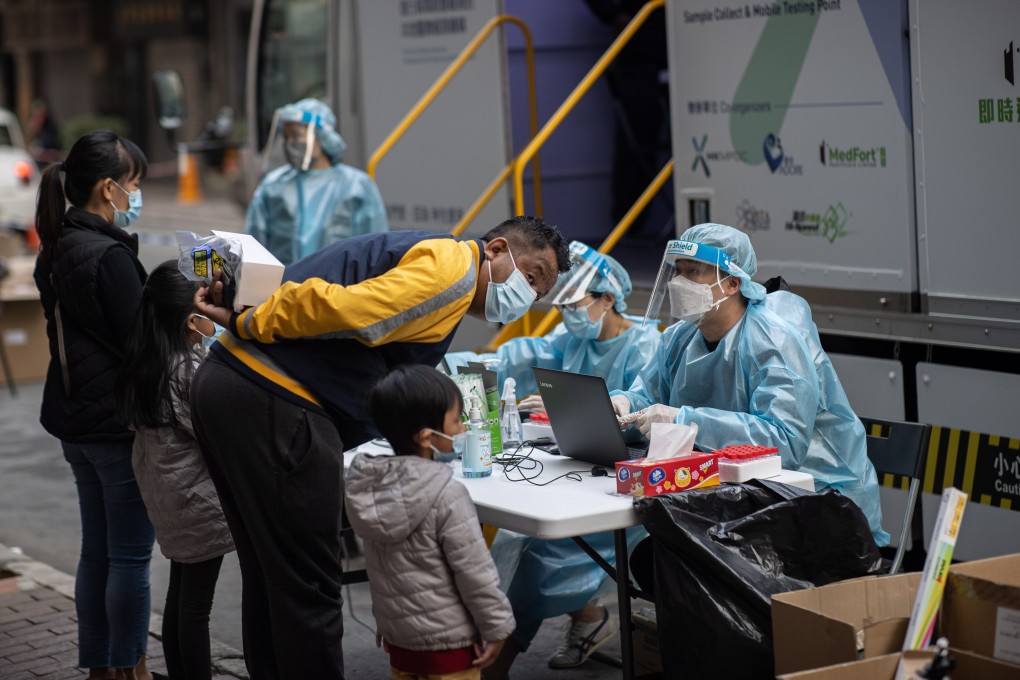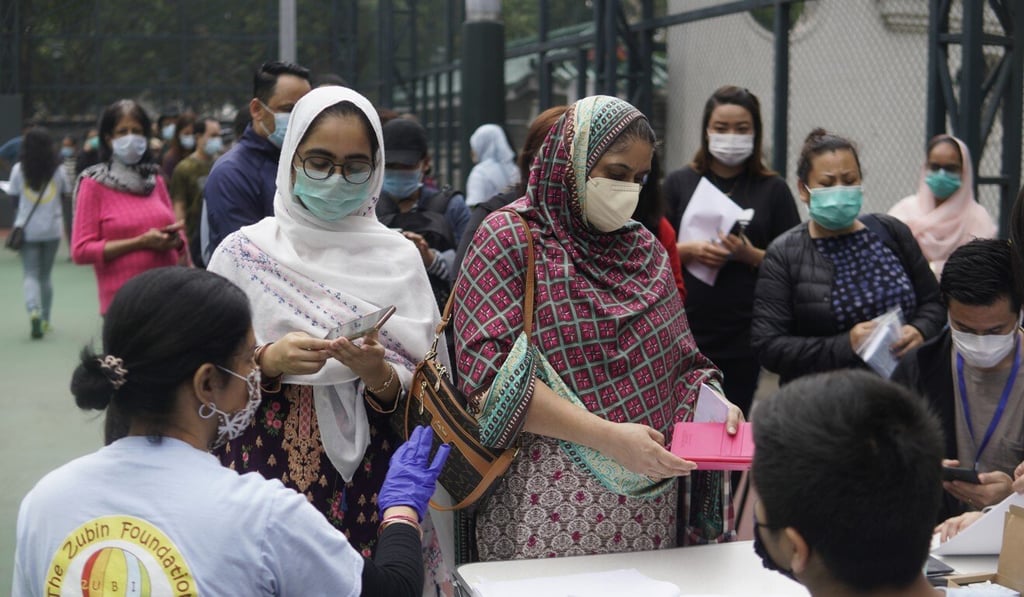Coronavirus: pandemic has exposed racial divides in Hong Kong, say equal opportunity campaigners
- Online seminar held on International Day for the Elimination of Racial Discrimination looked at impact of virus on members of city’s ethnic minority groups
- More could be done to bridge gap and language barrier, groups say

Ricky Chu man-kin, chairman of the Equal Opportunities Commission, said the virus had brought into focus racial divides and injustices that continued to exist.
Looking forward, he said he hoped people would be able to see the contribution ethnic minorities make to Hong Kong, and how they could help the city recover from the pandemic.
“My message to the ethnic minority community, especially the youth, would be to use this period of learning and rebuilding to sharpen their skills and equip themselves to participate equally in Hong Kong’s economy,” Chu said, adding acquiring Chinese-language skills “must be seen as a priority”.

The Hong Kong-born bilingual comedian, Vivek Mahbubani, who moderated the seminar said a recurring issue raised was about language barriers, and pointed to the fact that at the beginning of the pandemic most of the information about the coronavirus had only been provided in Chinese and English, making it difficult for some ethnic minority groups to understand.